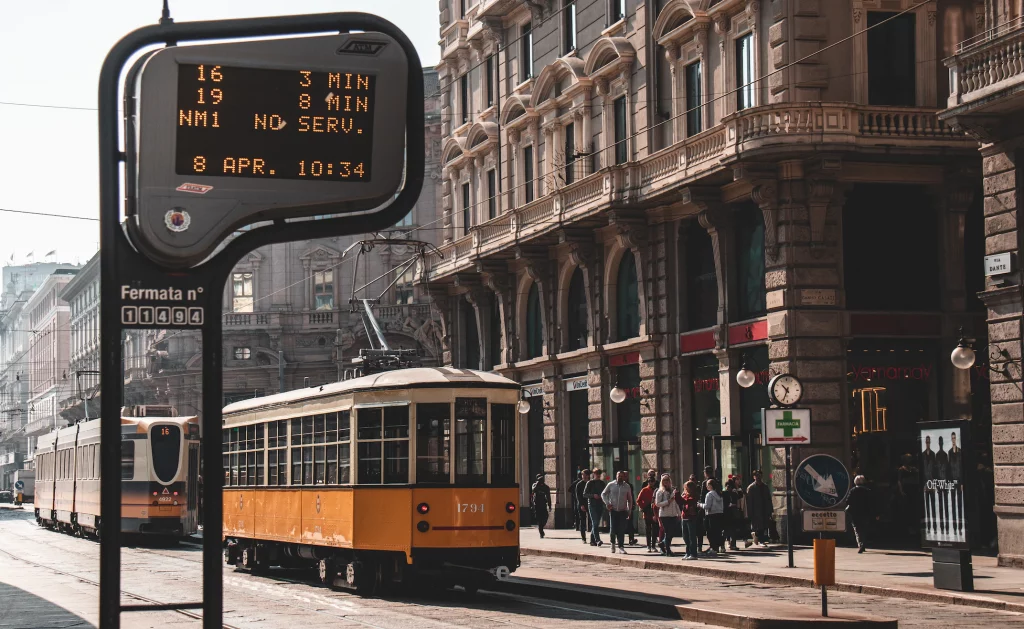Ciao, readers! Today, I’m thrilled to dive into the rich tapestry of Italian culture through its language. Italy, a land known for its art, history, and of course, mouthwatering cuisine, also boasts a treasury of fascinating sayings that capture the essence of life in the most colorful ways.
These Italian sayings not only enrich conversations but also offer insights into the Italian way of life, showcasing their cultural values and wisdom. Each phrase carries a depth of meaning that transcends literal translation, inviting us to appreciate the nuances of language and the intricacies of expression.
Interestingly, some of these idioms are also similar to the ones we can find in English Language. So, join me as we unravel the beauty behind 18 common Italian idioms and their meanings.
- “In bocca al lupo” – Literally translating to “In the mouth of the wolf,” this saying is akin to the English phrase “break a leg” and is used to wish someone good luck.
- “Dolce far niente” – “The beauty of doing nothing“. This saying encapsulates the enjoyment of idleness and relaxation, emphasizing the pleasure found in simply being.
- “Avere le mani in pasta” – This phrase, meaning “To have one’s hands in the dough,” signifies someone who’s involved or skilled in a particular task or project.
- “Avere le mani d’oro” – “To have golden hands.” This phrase praises someone’s exceptional skill or talent, especially when it comes to craftsmanship or creating things with remarkable quality.
- “Meno male” – This phrase translates to “Less bad” and is used to express relief or gratitude that a situation isn’t as bad as expected.
- “Essere al verde” – “To be in the green” implies being broke or financially struggling.
- “Avere le braccine corte” – “Having short arms” metaphorically refers to being tight-fisted or unwilling to spend money.
- “Chi dorme non piglia pesci” – Translating to “He who sleeps doesn’t catch the fish,” this saying conveys the idea that success requires active effort and initiative.
- “In vino veritas” – “In wine, there is truth” emphasises how one’s true feelings or intentions often surface when under the influence of alcohol. It implies that inhibitions are shed, revealing genuine thoughts and emotions.
- “Meglio un giorno da leone che cento da pecora” – “Better a day as a lion than a hundred as a sheep.” This saying encourages bravery and taking risks rather than conforming and playing it safe.
- “Ogni morte di Papa” – Quite literally meaning “Every death of a Pope,” this phrase denotes something that happens very rarely or extremely infrequently.
- “Tutto fa brodo” – Literally, “Everything makes broth.” This saying suggests that every little bit helps and contributes to a greater outcome.
- “Quando a Roma vai, fai come vedrai” – “When in Rome, do as you see” advises adapting to local customs and behaviors when in a new environment.
- “La gatta frettolosa fece i gattini ciechi” – “The hurried cat gave birth to blind kittens.” This saying warns against rushing through tasks without proper care or preparation.
- “Fare di necessità virtù” – “Turning necessity into a virtue“. This saying reflects the ability to make the best of a difficult situation.
- “Non tutte le ciambelle riescono col buco” – “Not all donuts come out with a hole.” This phrase acknowledges that things don’t always turn out as planned and highlights life’s imperfections.
- “L’abito non fa il monaco” – “The cloth does not make the monk” meaning looks can be deceiving. This saying stresses that appearances don’t necessarily reflect someone’s true character or intentions.
- “Quando il gatto non c’è, i topi ballano” – “When the cat’s away, the mice dance.” This means people tend to misbehave or take advantage of freedom when those in authority aren’t present to oversee them.
Incorporating these idioms into everyday speech not only adds a touch of charm but also fosters a deeper understanding of Italian culture and its linguistic heritage. As I continue to explore this captivating language, I find myself drawn further into the vibrant tapestry of Italian expressions, each saying a testament to the richness of human communication.
Arrivederci for now! Until next time, may these idioms add a sprinkle of Italian flair to your everyday conversations.
Buona giornata!
Let me know if there are other common Italian sayings you have in mind!












